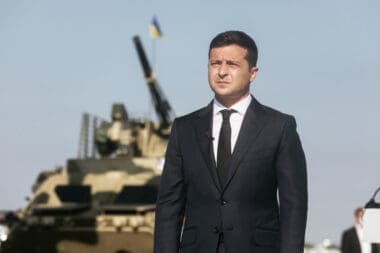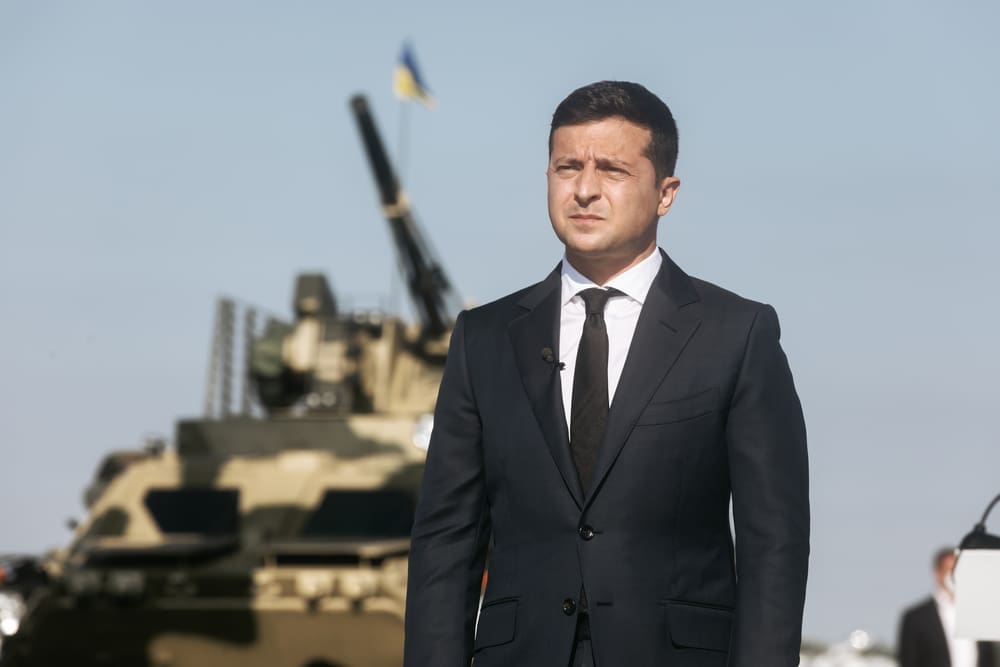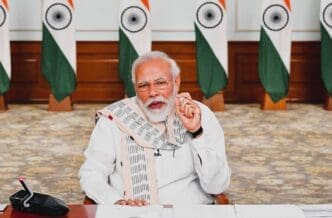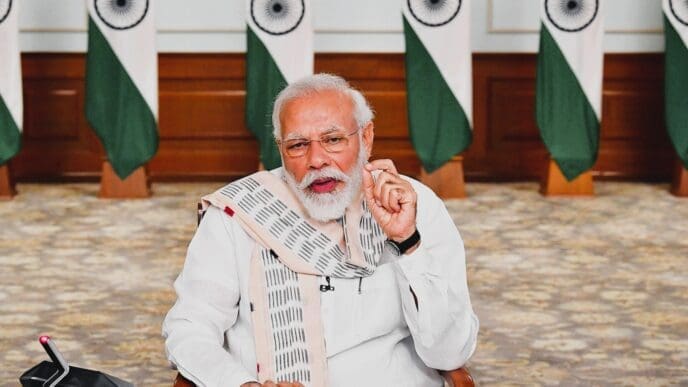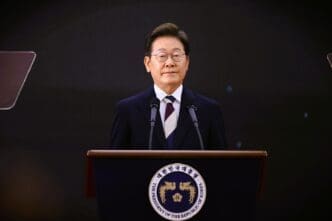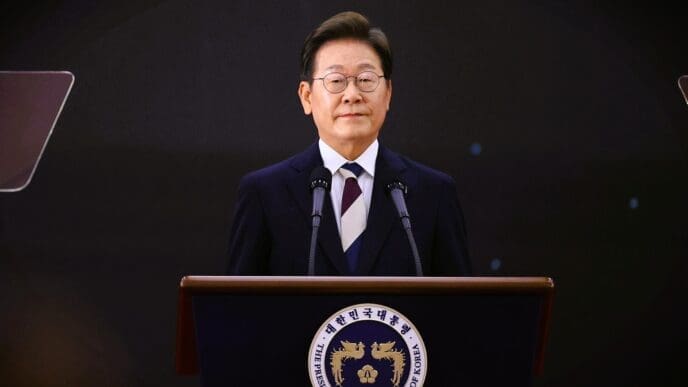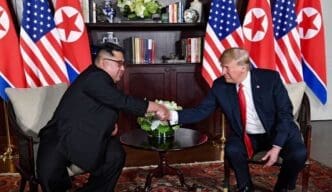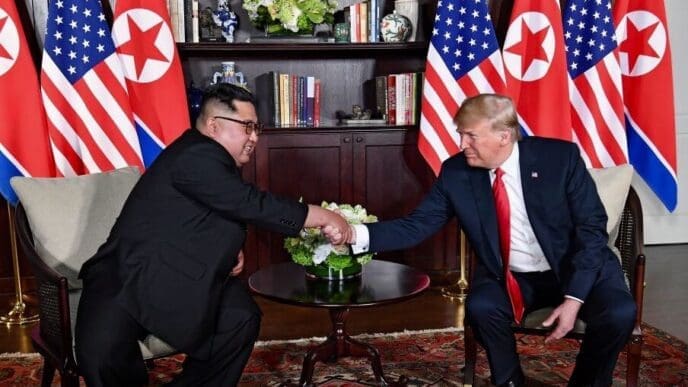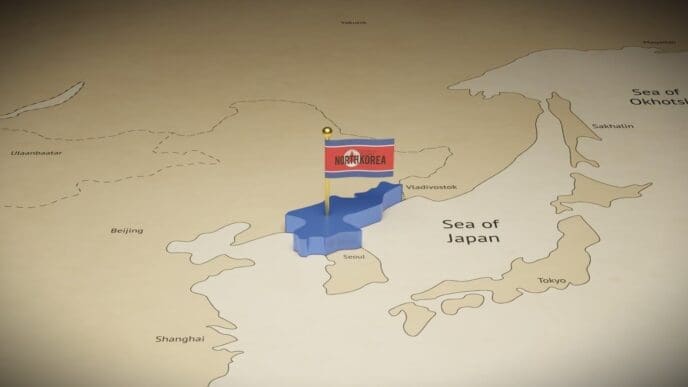Key allies of Ukraine from around the world have declared €21 billion in new military support during a meeting of the Ukraine Defence Contact Group (UDCG) held at NATO headquarters in Brussels. This group, initially led by the United States, is now spearheaded by Germany and the United Kingdom and includes 51 nations and partners.
Germany’s Defence Minister, Boris Pistorius, highlighted that today’s announcement, featuring Germany’s €11 billion commitment until 2029, represents a record increase in military funding for Ukraine. The €21 billion package also incorporates the United Kingdom’s £4.5 billion pledge for this year, which the country’s Defence Secretary, John Healey, described as its highest contribution to date.
Ukrainian Defence Minister Rustem Umerov expressed concern over Russia’s increased military production and acknowledged Europe’s leadership in providing security assistance, expressing gratitude to the UK and Europe for their support. The US Secretary of State, Pete Hegseth, participated in the meeting online from the United States, and Umerov confirmed that the US continues its military aid to Ukraine.
Despite these efforts, Ukraine faces significant challenges due to a lack of air defense capabilities. Russia has launched over 10,000 glide bombs into Ukraine since March, along with 100 attack drones daily. Pistorius emphasized that air defense issues are a global concern and affirmed that efforts are being made as swiftly as possible to address them.
The Bottom Line
The substantial military support pledged by Ukraine’s allies underscores the international commitment to assisting Ukraine in its defense against escalating threats. For residents of Ukraine, this aid is crucial in bolstering their nation’s security and resilience. However, the persistent air defense challenges highlight the ongoing vulnerabilities that need urgent attention to protect civilians and infrastructure.
For the global community, these developments reflect the shifting dynamics in international security alliances and the increasing role of European nations in leading security initiatives. This could potentially influence future geopolitical strategies and defense collaborations worldwide, as countries reassess their positions and contributions in response to evolving threats.
